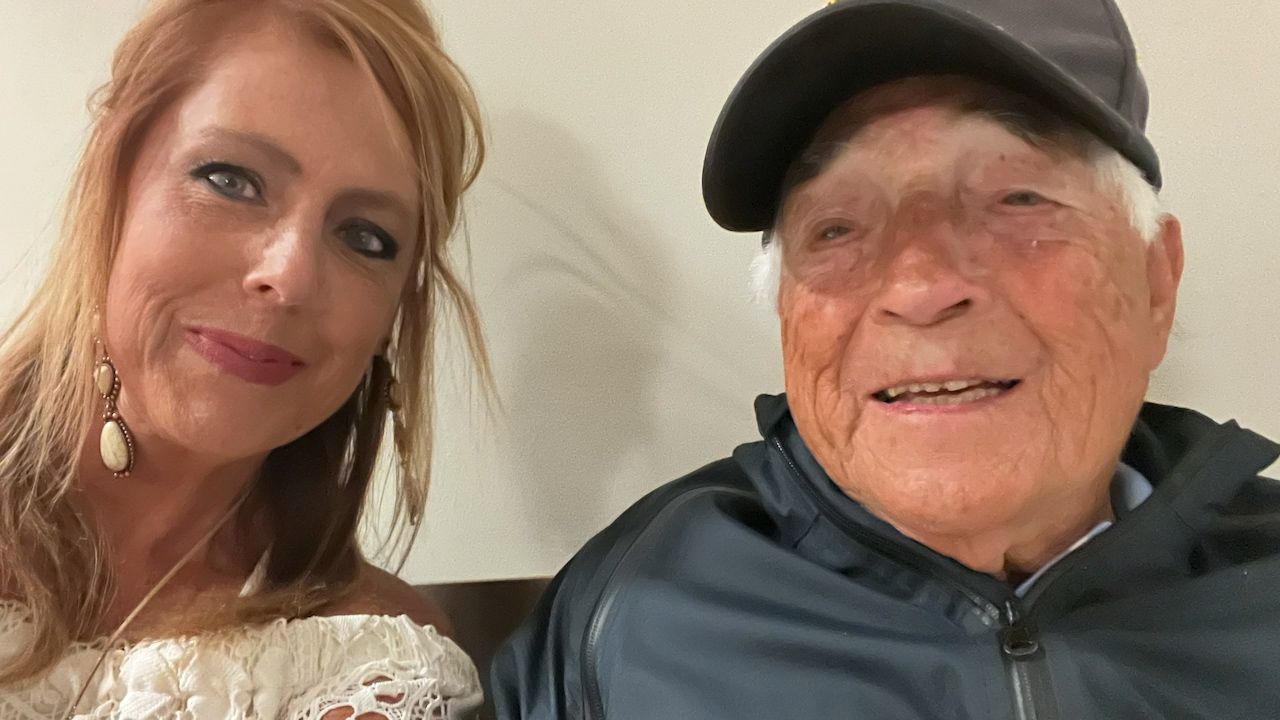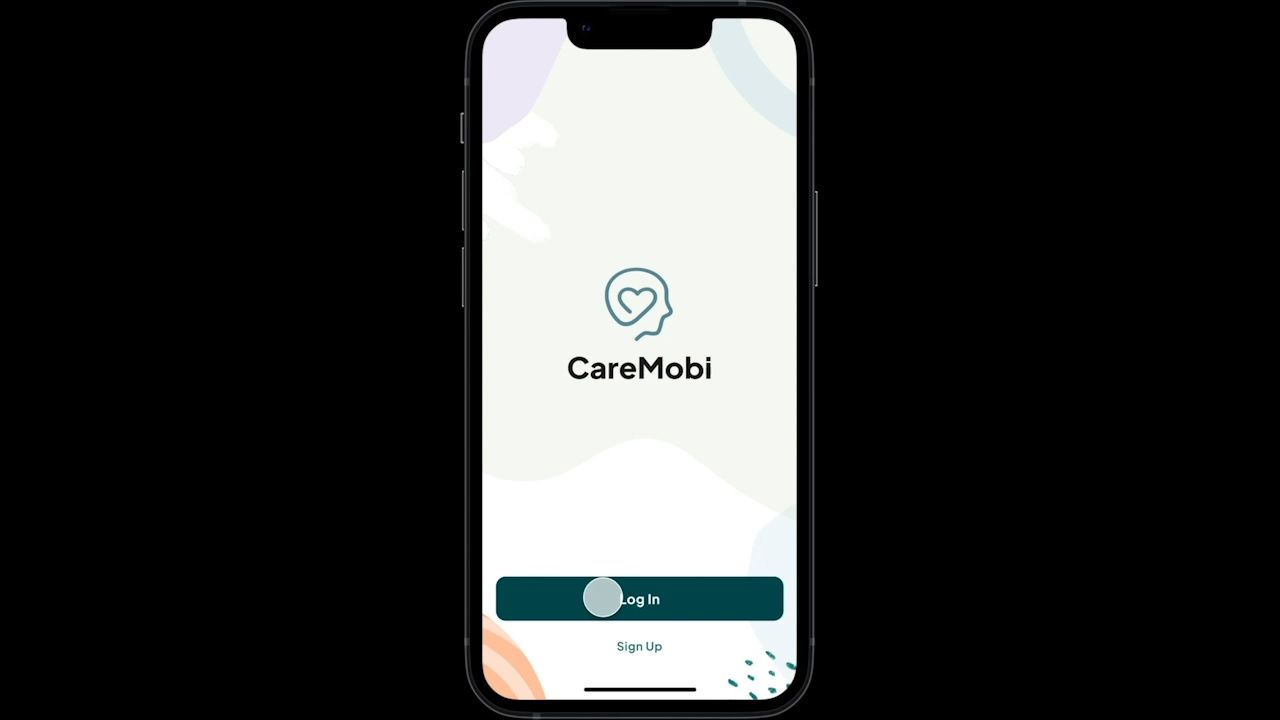About a quarter of adults 45 and older are caregivers to loved ones who may be disabled, elderly or managing a chronic disease. The number continues to rise along with the need for resources and tools to help them. National Health Reporter Erin Billups takes a look at a new app aimed at making life easier for those working to balance care for those around them.
Every weekday Jamie Wyatt drops her 88 year old father Lewis Wyatt off at an adult day care center.
“I get him up and we get going out the door. I have to remind him every day where we're going and what day it is,” said Wyatt. “He goes and they have a great meal for him.”
Lewis Wyatt was diagnosed with dementia three years ago. Just a couple years after Wyatt’s daughter left for college.
“I'm thankful that it was after my daughter was headed to college and I emptied the nest, so to speak,” said Wyatt. “I was able to put my attention on him more.”
Still, Wyatt works full time and can’t always be with her dad to monitor his health. “I'm one person. No sisters or brothers. Very few family. He's the last one left of the five children in his family. And so, yeah, it was a lot.”
Through his adult daycare, the ALPS Center in Tennessee, Wyatt learned about a new tool, an app called CareMobi. She agreed to test it out.

“Finding resources that would support me being able to continue to live my life, have my career was very important to me,” Said Wyatt. “It's just another layer of communication that I can have.”
Nurse Practitioner, Dr. Tina Sadarangani created Caremobi to help caregivers collect and manage all the information they need to provide the best care for their loved one. Particularly because people with dementia often struggle to effectively communicate changes in their symptoms.
“Sometimes they're just a little more confused. Sometimes they fall, sometimes they're just not eating as much,” said Sadarangani, who serves as an assistant professor at the NYU Meyers College of Nursing.
Sadarangani worked with caregivers, nurses, doctors and programmers to create the app, which gleans the most useful information for a person’s care team to help connect the dots.
“It can actually be a telltale sign that there's something brewing. Pneumonia, urinary tract infections and things that are highly treatable if caught early but often are not, and lead to avoidable hospitalizations and emergency department visits,” said Sadarangani.
It’s a small, but potentially powerful tool that Sadarangani hopes will offer a growing number of Americans a much-needed hand.
“There are 53 million caregivers in this country providing this care to aging loved ones every single day in America. Yes, many of them are like me who have young children and aging parents who work, who have other responsibilities. And the stress and the load associated with that is incredibly powerful, ”Sadarangani said.

The ALPS Center is one of several senior facilities participating in a study funded in-part by the NIH’s National Institute on Aging, to test the effectiveness of the app.
Wyatt said since using the app, she feels better informed when she accompanies her father to doctors’ appointments.
“They're now spending more time with him than I am in waking hours. When I do go to the doctor and they're asking questions of appetite and mood or anything like that. I can go in there and show them kind of what's going on during the day,” said Wyatt.
For now while it is in the beta testing phase CareMobi is free.
“We just left it in the App Store and within three weeks, with absolutely no marketing, no new nothing. We had 400 people using it, actively using it, entering data,” said Sadarangani.
Which speaks, she said, to the growing need. “But yet this trend is not going away.”
Sadarangani said she hopes the app becomes part of a larger movement to better support aging baby boomers and the people who care for them.
“The caregiving crisis in this country,” said Sadarangani, “it needs to be part of a broader infrastructure. It takes a village, it takes a team, it takes a community.”



